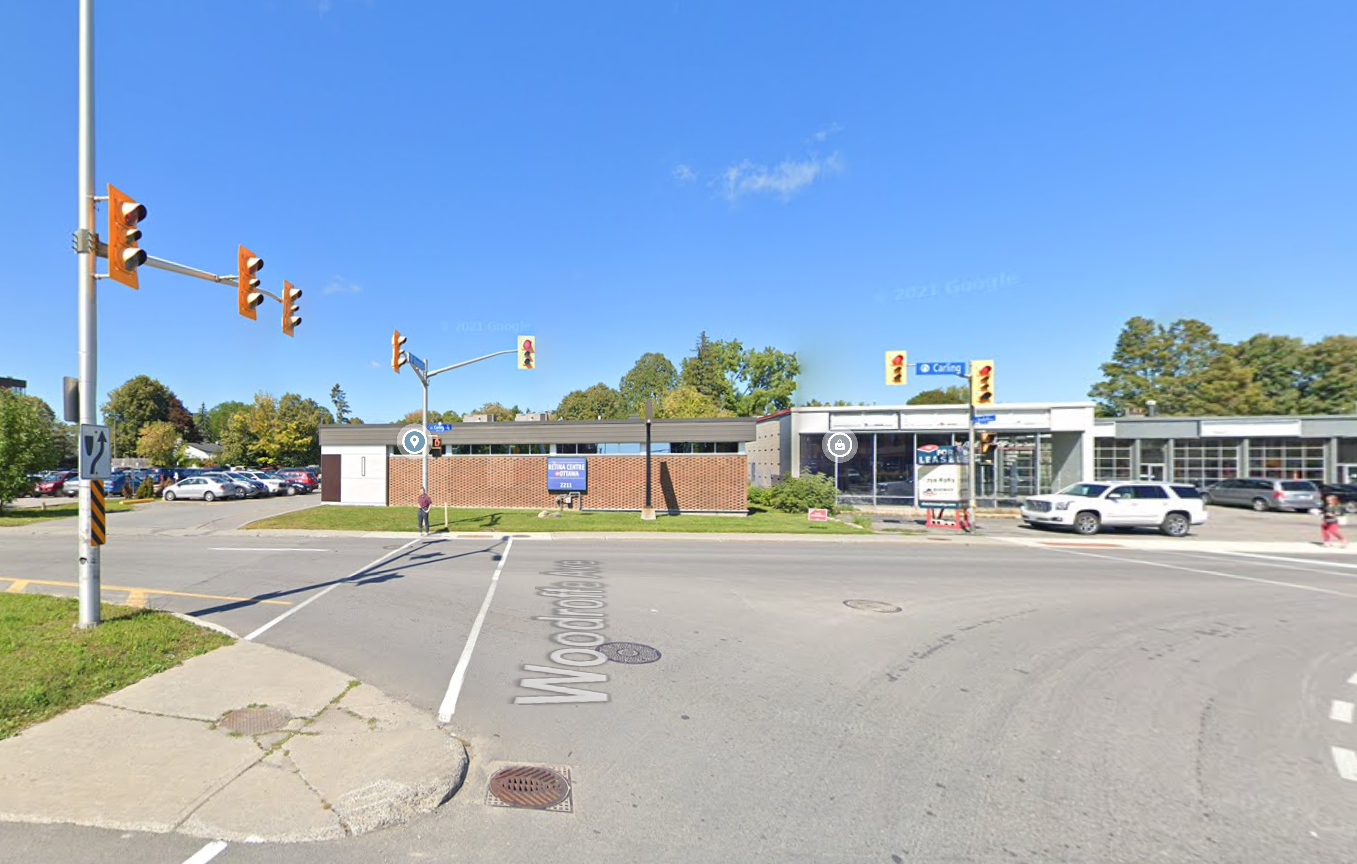Discover Premier Physiotherapy on Carling Avenue at TheraTouch Physiotherapy
Are you searching for premier physiotherapy on Carling Ave, Ottawa and nearby areas? Look no further than TheraTouch Physiotherapy. Our clinic offers top-tier orthopedic physiotherapy, pelvic floor physiotherapy, and sports injury physiotherapy in a private, comfortable, and supportive environment.
Conveniently Located for Your Needs
We are conveniently located on Carling Avenue, at the intersection of Carling Ave and Woodroffe Ave, on the 2nd floor of the Carling Corporate Centre building, near Carlingwood Shopping Centre. This prime location ensures easy access for Ottawa residents and those in surrounding areas, making your journey to recovery smooth and hassle-free.
Why Choose TheraTouch Physiotherapy?
At TheraTouch Physiotherapy, we prioritize patient well-being, satisfaction, and recovery. Our dedication to excellence is evident in every aspect of our service. Here’s why you should choose us for your physiotherapy needs:
Experienced Physiotherapists: Our team of highly skilled physiotherapists continually enhance their expertise through lifelong learning, ensuring that you receive the best possible care tailored to your needs.
Personalized Care: We offer one-on-one, hands-on, evidence-based treatments customized to address your unique health concerns. From your initial assessment to your final treatment session, our commitment to excellence is clear.
Comprehensive Services: We provide a wide range of services, including orthopedic physiotherapy, pelvic floor physiotherapy, and sports injury physiotherapy, ensuring that all your physiotherapy needs are met under one roof.
Comfortable and Private Environment: Our treatment rooms are designed to offer privacy and comfort, allowing you to focus solely on your recovery.
Our Physiotherapy Services
Orthopedic Physiotherapy: Our orthopedic physiotherapy services address musculoskeletal injuries and conditions. We use advanced techniques and exercises to help you regain mobility and strength, reduce pain, and prevent future injuries.
Pelvic Floor Physiotherapy: Specializing in pelvic floor physiotherapy, we treat issues such as incontinence, pelvic pain, and postpartum recovery. Our expert physiotherapists use gentle, effective methods to improve pelvic floor function and enhance your quality of life.
Sports Injury Physiotherapy: If you’re an athlete or active individual dealing with sports injuries, our sports injury physiotherapy services are tailored to help you recover quickly and safely. We focus on rehabilitation, injury prevention, and performance enhancement.
Your Health is Our Priority
We understand how pain and discomfort can impact your quality of life. Don’t let these issues deprive you of joy and the ability to do the things you love. At TheraTouch Physiotherapy, we strive to provide the premium care and treatment you deserve, ensuring that you can return to your daily activities pain-free and with renewed vitality.
Schedule Your Appointment Today
Ready to start your journey to recovery? Contact us today to schedule an appointment with one of our experienced physiotherapists. We are here to help you achieve your health goals and live a life free from pain and discomfort.
TheraTouch Physiotherapy Location: 2249 Carling Avenue Suite 201 (2nd floor) of the Carling Corporate Centre, near Carlingwood Shopping Centre.




